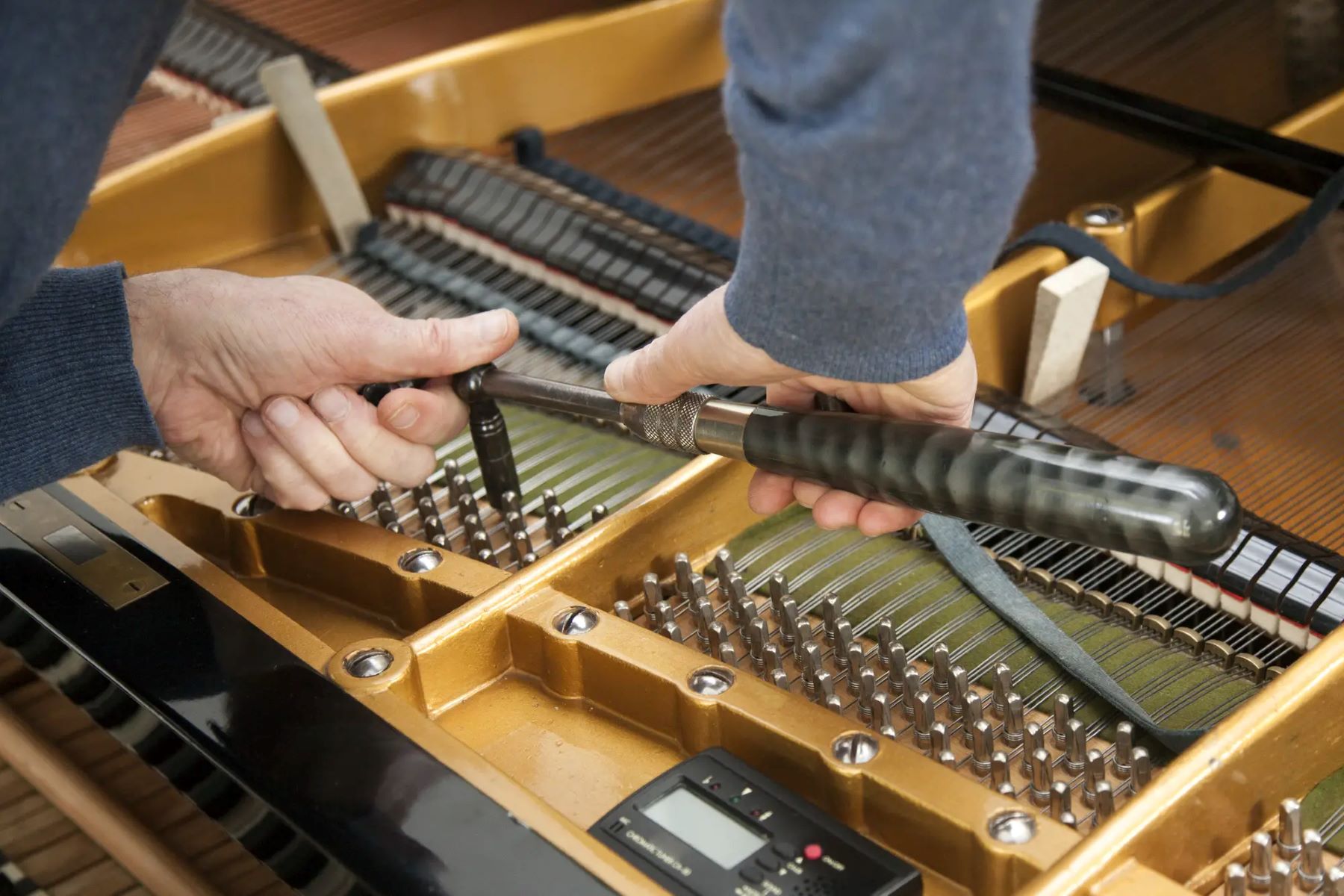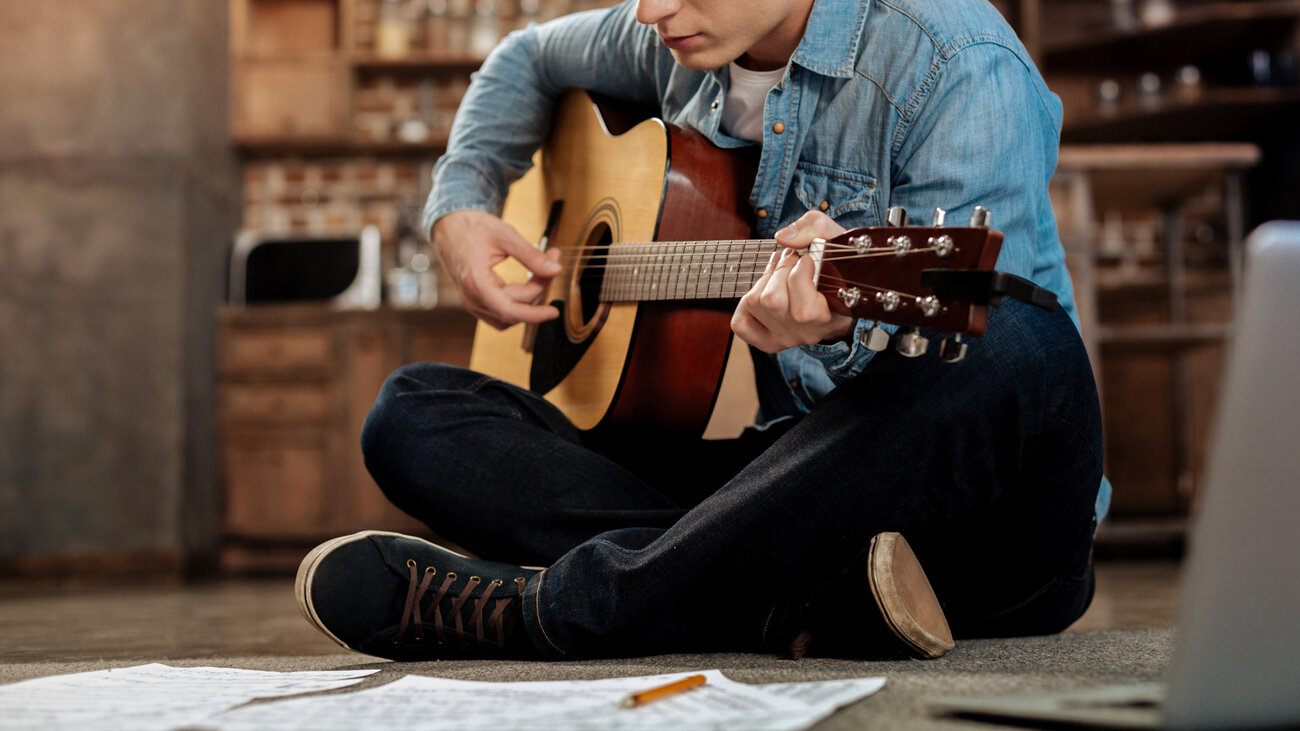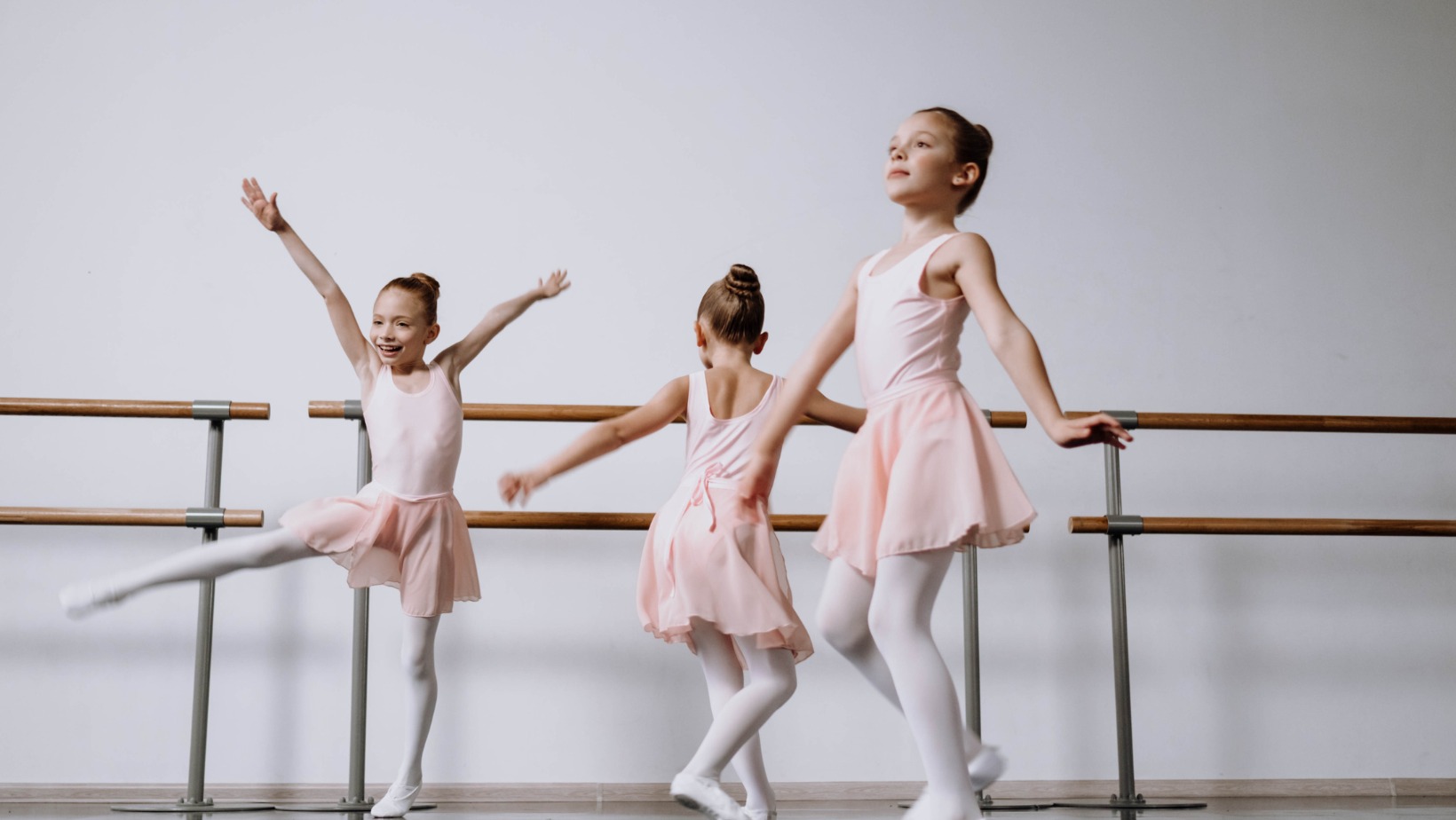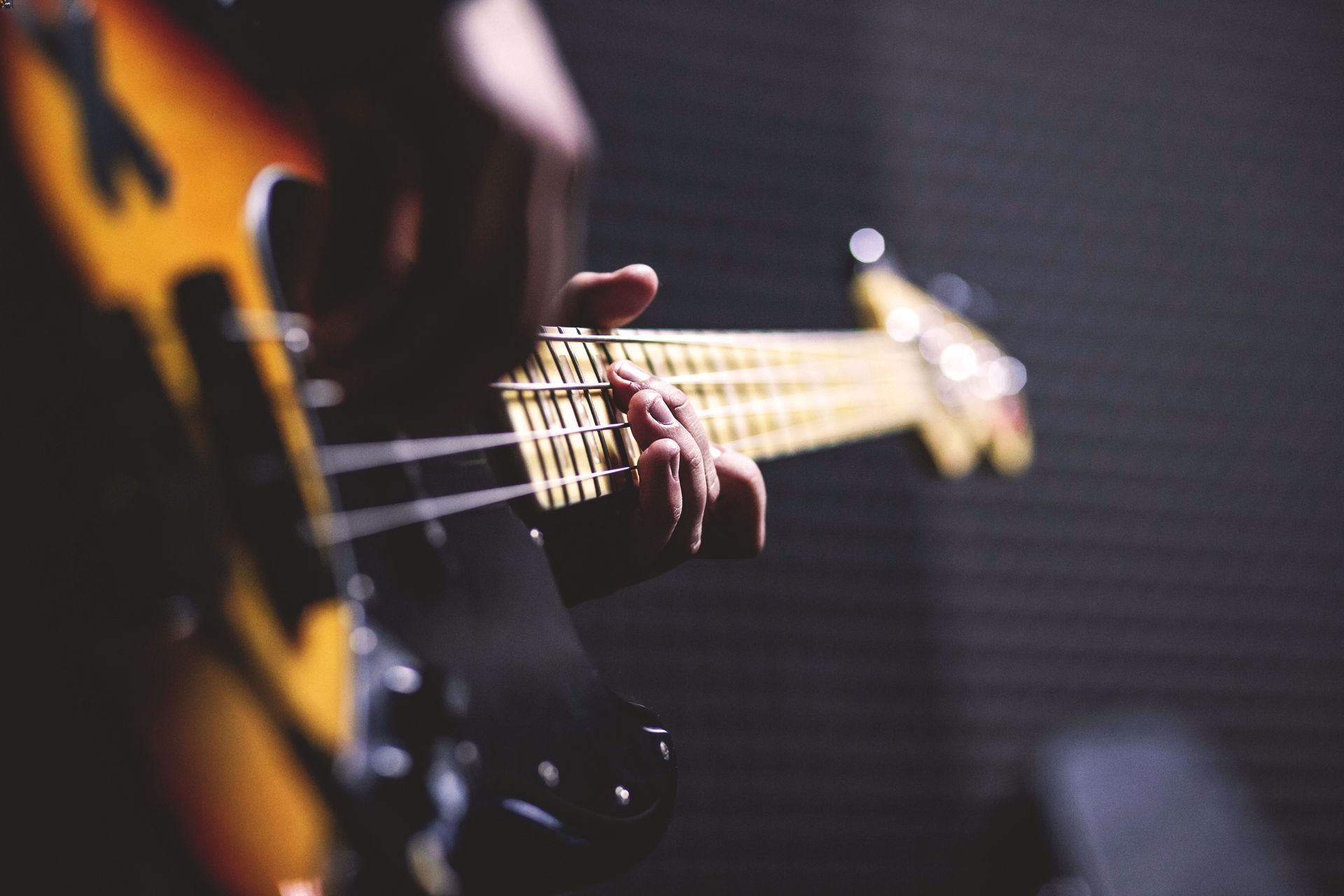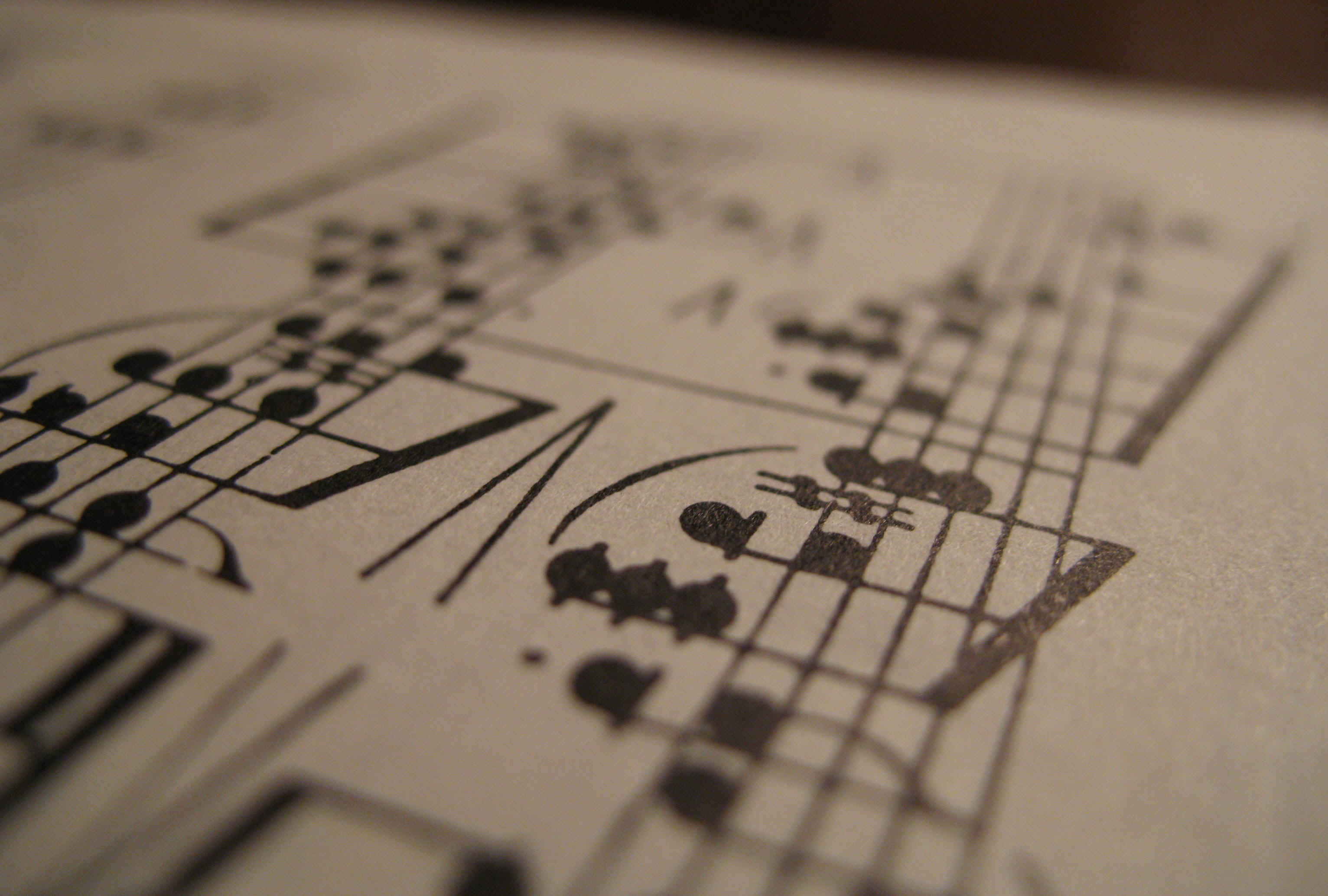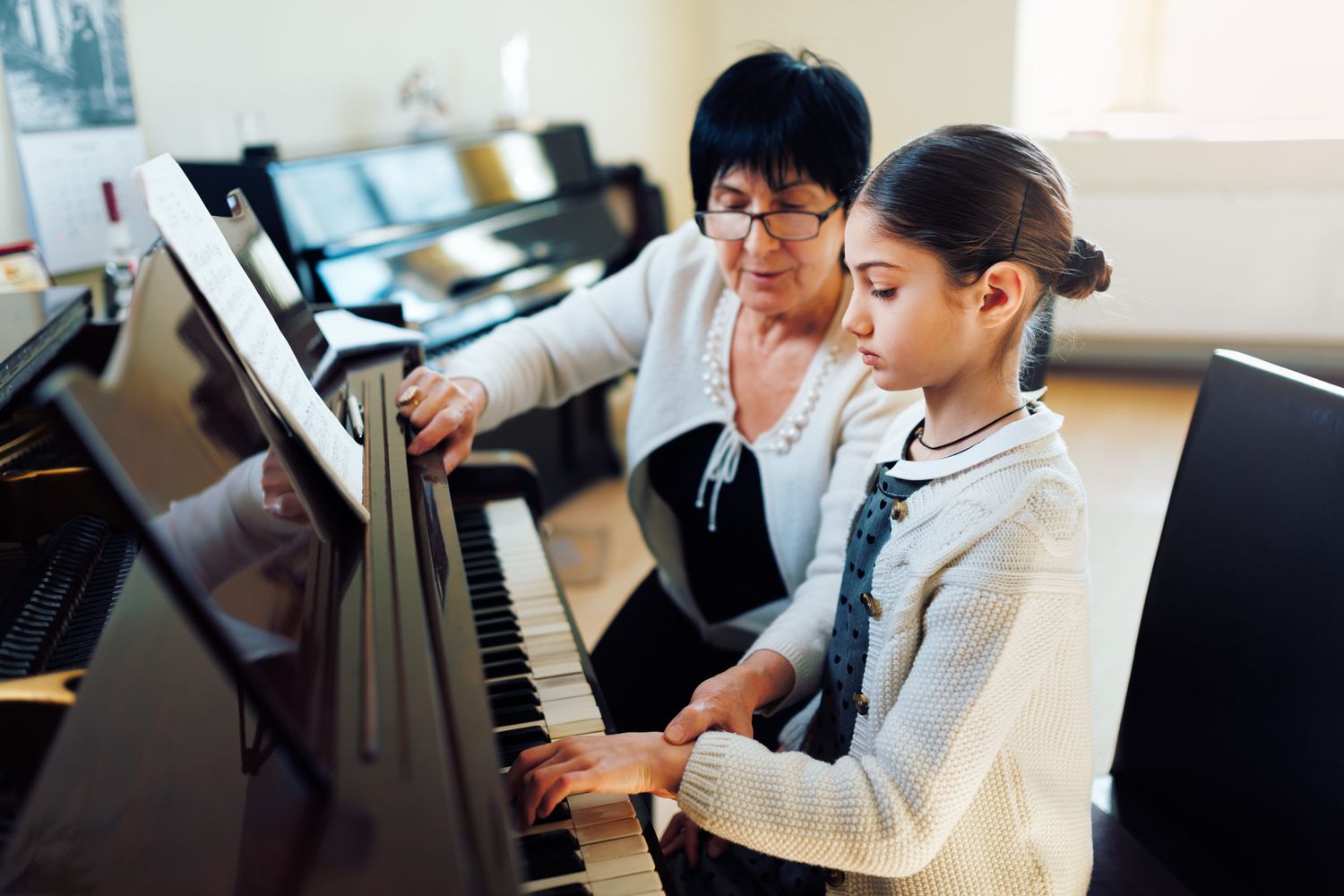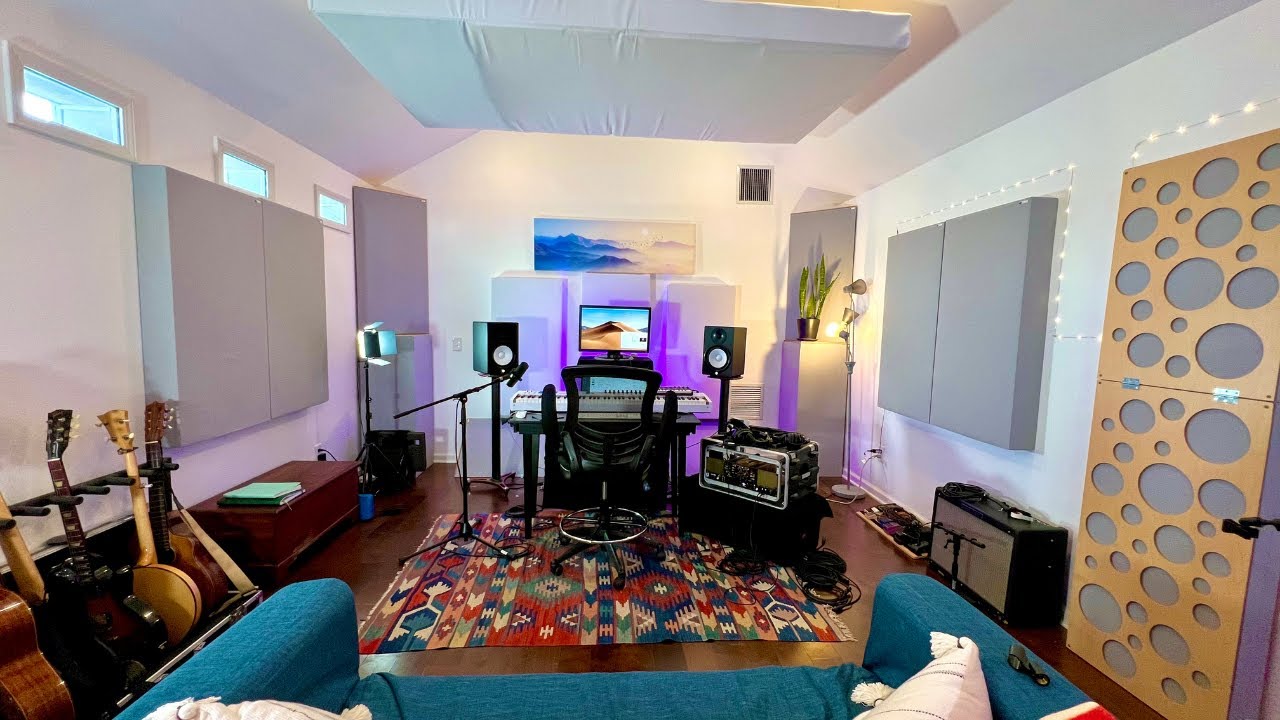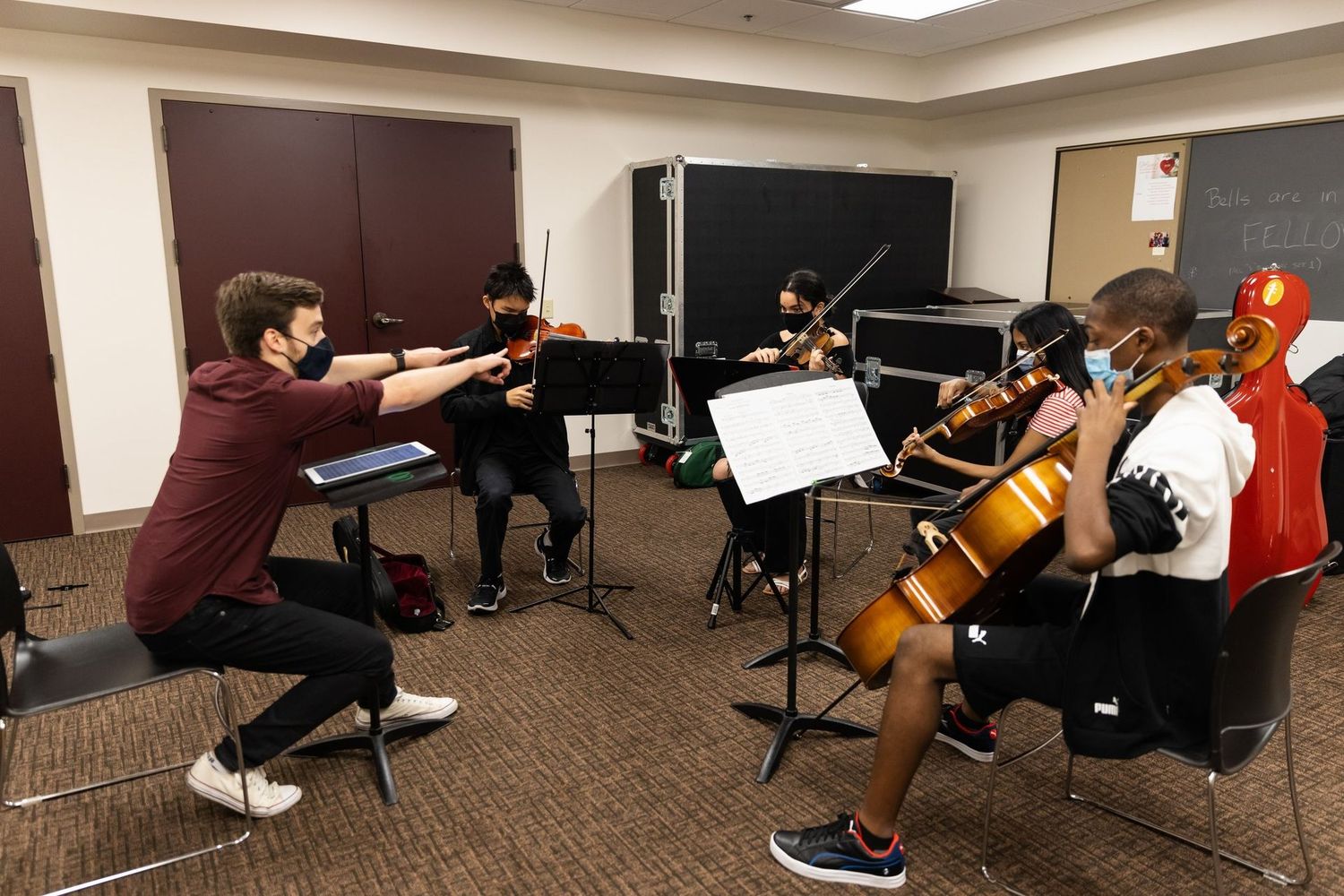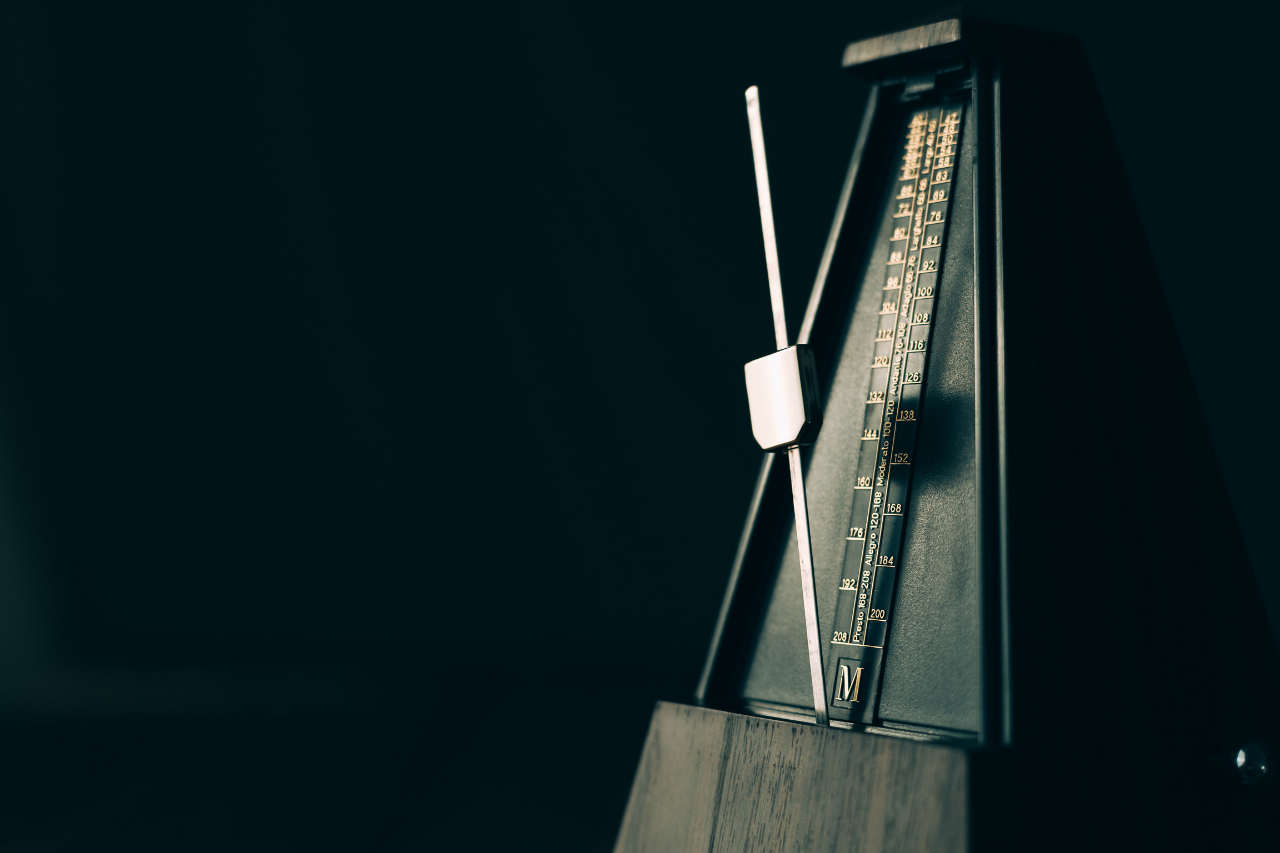Home>Instruments>Piano>How Long Should You Practice The Piano A Day
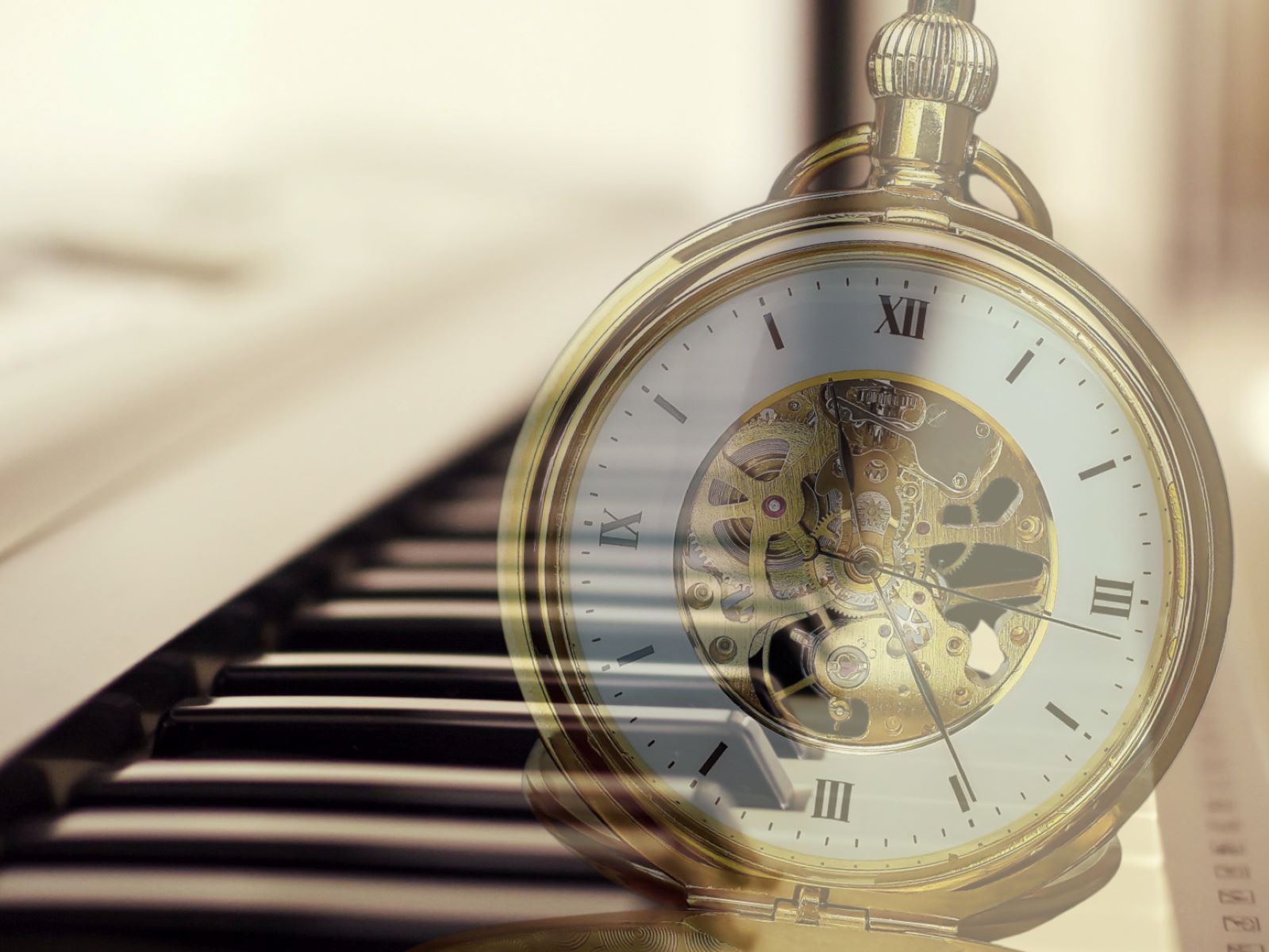

Piano
How Long Should You Practice The Piano A Day
Published: February 9, 2024
Discover the ideal piano practice duration and maximize your progress. Learn how long to practice the piano each day for optimal results.
(Many of the links in this article redirect to a specific reviewed product. Your purchase of these products through affiliate links helps to generate commission for AudioLover.com, at no extra cost. Learn more)
Table of Contents
**
Introduction
**
Learning to play the piano is a rewarding journey that requires dedication and consistent practice. Whether you're a beginner or an experienced pianist, the amount of time you dedicate to practice can significantly impact your progress and proficiency. The question of how long one should practice the piano each day is a common one among aspiring musicians. While there's no one-size-fits-all answer, several factors come into play when determining the optimal practice duration.
In this article, we'll delve into the benefits of practicing the piano daily, explore the factors to consider when determining practice time, and provide recommended practice durations for different skill levels. Additionally, we'll offer valuable tips for making the most of your practice sessions, ensuring that your time at the piano is both productive and enjoyable.
Whether you're aiming to master classical compositions, jazz improvisation, or popular tunes, finding the right balance of practice time is crucial for honing your skills and achieving your musical goals. Let's embark on this insightful exploration of the ideal practice duration for piano enthusiasts of all levels.
With this foundation laid, we can now proceed to the next section.
Benefits of Practicing Piano Daily
Consistent practice is the cornerstone of mastering any musical instrument, and the piano is no exception. When it comes to piano playing, daily practice offers a myriad of benefits that contribute to skill development, musical understanding, and overall well-being.
1. Skill Development:
Regular practice allows pianists to build and refine their technical skills. From mastering finger dexterity and hand coordination to developing a strong sense of rhythm and timing, daily practice lays the groundwork for continuous improvement.
2. Musical Expression:
Through daily practice, pianists can delve deeper into the expressive potential of the instrument. Consistent engagement with the piano fosters a deeper connection to the music, enabling performers to convey emotions and musical nuances with greater clarity and sensitivity.
3. Cognitive Benefits:
Research has shown that daily piano practice can have a positive impact on cognitive function. It can enhance memory, improve problem-solving abilities, and stimulate creative thinking, making it a valuable mental workout.
4. Stress Relief:
Playing the piano can be a therapeutic and stress-relieving activity. Daily practice provides an opportunity to immerse oneself in music, offering a welcome escape from the demands of daily life and serving as a form of relaxation and self-expression.
5. Goal Attainment:
Consistent practice brings pianists closer to their musical goals. Whether it’s mastering a challenging piece, preparing for a performance, or honing improvisational skills, daily practice paves the way for tangible progress and achievement.
By incorporating daily practice into their routine, pianists can experience these multifaceted benefits, enriching their musical journey and nurturing a deeper connection to the instrument. With these advantages in mind, it becomes evident that daily practice is not only beneficial but also essential for pianists striving for growth and proficiency.
Next, we’ll explore the various factors that should be taken into account when determining the optimal practice time for piano enthusiasts.
Factors to Consider
When determining the ideal amount of time to dedicate to piano practice each day, several factors should be taken into consideration to tailor the practice routine to individual needs and goals.
1. Skill Level:
The proficiency level of the pianist plays a significant role in determining practice duration. Beginners may focus on building foundational skills and may benefit from shorter, more frequent practice sessions, while advanced pianists may engage in longer, more intensive practice to refine complex techniques and repertoire.
2. Goals and Ambitions:
Individual musical aspirations and goals greatly influence practice time. Pianists aiming for professional performance careers or competitive pursuits may need to allocate more time for practice compared to those who play for leisure and personal enjoyment.
3. Time Constraints:
Personal schedules and commitments play a crucial role in setting realistic practice durations. While some individuals may have the flexibility to dedicate extended periods to practice, others with busy schedules may need to optimize their practice efficiency within limited time frames.
4. Focus and Concentration:
The ability to maintain focus and concentration during practice sessions is essential. For some pianists, shorter, focused practice intervals may yield better results, while others may thrive in longer, immersive practice sessions.
5. Physical and Mental Well-being:
Considering individual physical and mental endurance is vital. Prolonged practice without adequate breaks can lead to fatigue and diminished productivity. It’s important to strike a balance that allows for consistent progress while preventing physical strain and mental exhaustion.
By taking these factors into account, pianists can tailor their practice routines to align with their unique circumstances and objectives, ensuring that their practice time is both effective and sustainable. Next, we’ll delve into the recommended practice durations for pianists at different skill levels, providing valuable insights for structuring daily practice sessions.
Recommended Practice Time for Different Levels
While the optimal practice duration can vary based on individual circumstances, skill levels, and goals, establishing general guidelines for different proficiency levels can offer valuable insights for structuring effective practice routines.
1. Beginners (1-2 years of experience):
For novice pianists, consistency is key. Daily practice sessions ranging from 15 to 30 minutes can be highly beneficial. Short, focused sessions help build fundamental techniques, develop muscle memory, and cultivate a strong foundation without overwhelming the learner.
2. Intermediate Players (2-5 years of experience):
As pianists progress to an intermediate level, practice durations of 30 to 60 minutes per day are recommended. This extended time allows for more comprehensive skill development, repertoire expansion, and increased focus on musical expression and dynamics.
3. Advanced Pianists (5+ years of experience):
Advanced players may benefit from practice sessions lasting 60 minutes or more each day. With a deeper understanding of musical intricacies and technical proficiency, longer practice durations provide the opportunity to refine complex repertoire, work on advanced techniques, and explore nuanced interpretations.
It’s important to note that these recommendations serve as general guidelines, and individual variations are to be expected. Factors such as personal goals, time availability, and the specific demands of repertoire and technique should be taken into consideration when determining practice durations at each proficiency level.
Armed with these recommendations, pianists can tailor their daily practice routines to align with their skill level and aspirations, fostering continuous growth and musical development. Next, we’ll explore valuable tips for maximizing the effectiveness of piano practice sessions, ensuring that time spent at the instrument is both productive and fulfilling.
Tips for Effective Practice
Optimizing piano practice sessions involves more than just the duration of the practice; it also entails the quality of the practice. Incorporating effective strategies and approaches can elevate the overall impact of each practice session, leading to tangible progress and a deeper musical understanding.
1. Establish Clear Objectives:
Prior to each practice session, set specific and achievable goals. Whether it’s mastering a challenging passage, refining dynamics, or improving overall performance, having clear objectives enhances focus and direction during practice.
2. Focus on Technique:
Dedicate a portion of each practice session to technical exercises and scales. Building and maintaining strong technical skills forms the foundation for expressive and confident piano playing.
3. Diversify Repertoire:
Explore a diverse range of musical styles and genres to broaden your musical horizons. Embracing varied repertoire keeps practice sessions engaging and enriches your musical perspective.
4. Mindful Practice:
Practice with mindfulness and intention. Pay attention to every note, phrasing, and musical expression. Mindful practice fosters a deeper connection to the music and enhances overall performance quality.
5. Break Down Complex Sections:
When tackling challenging pieces, deconstruct intricate passages into smaller segments. Focus on mastering each section before integrating them into the complete piece, promoting a systematic and effective learning approach.
6. Utilize Practice Techniques:
Incorporate practice techniques such as slow practice, rhythmic variations, and focused repetition to address specific technical and musical challenges. These techniques aid in refining precision and musicality.
7. Rest and Recovery:
Allow for adequate rest periods during practice sessions. Physical and mental fatigue can hinder productivity, so incorporating breaks ensures sustained focus and prevents overexertion.
By integrating these effective practice strategies into their daily routine, pianists can maximize the impact of their practice sessions, fostering continuous growth and proficiency at the instrument. With these tips in mind, pianists can approach their practice sessions with purpose and intention, optimizing their musical development.
With the exploration of effective practice strategies concluded, we can now proceed to the final section, summarizing the key insights and recommendations presented in this article.
Conclusion
Embarking on a journey to master the piano is a deeply rewarding pursuit that requires dedication, perseverance, and strategic practice. The question of how long one should practice the piano each day is a crucial consideration for pianists of all levels, and this article has shed light on the factors, recommendations, and tips to guide pianists in structuring effective and fulfilling practice routines.
By practicing the piano daily, musicians can experience a multitude of benefits, including skill development, musical expression, cognitive stimulation, and stress relief. These advantages underscore the significance of consistent and purposeful practice in nurturing musical growth and overall well-being.
When determining the optimal practice duration, various factors come into play, including skill level, personal goals, time constraints, and physical and mental well-being. Tailoring practice routines to align with individual circumstances and aspirations is essential for fostering sustainable progress and enjoyment at the piano.
Recommended practice durations for different proficiency levels offer valuable guidelines, serving as a framework for structuring practice routines that cater to the unique needs and goals of pianists at various stages of their musical journey.
Moreover, incorporating effective practice strategies, such as setting clear objectives, focusing on technique, diversifying repertoire, and practicing mindfully, elevates the quality and impact of each practice session, maximizing the potential for growth and proficiency.
As pianists embrace these insights and recommendations, they can approach their practice sessions with intention, focus, and a deep appreciation for the transformative power of consistent and purposeful engagement with the piano.
In conclusion, the ideal practice duration for piano enthusiasts is a personalized and dynamic aspect of their musical pursuit, one that evolves in tandem with their progress, aspirations, and evolving relationship with the instrument. By embracing the art of daily practice with mindfulness and purpose, pianists can unlock their full musical potential and embark on a fulfilling and enriching journey at the piano.
With this comprehensive exploration of the ideal practice duration for piano enthusiasts, we trust that pianists will find valuable insights and inspiration to enhance their practice routines and cultivate a deeper connection to the instrument.


